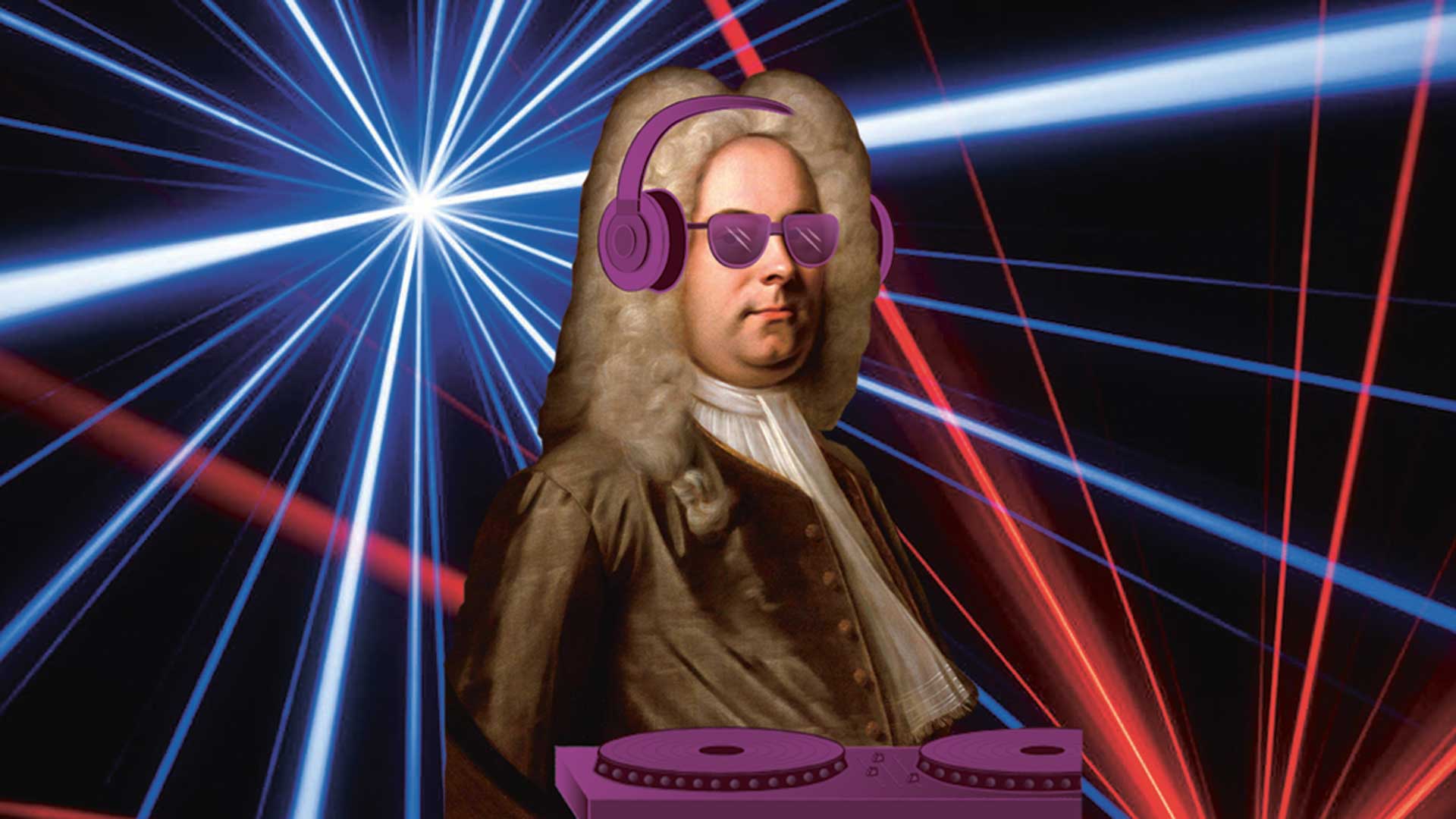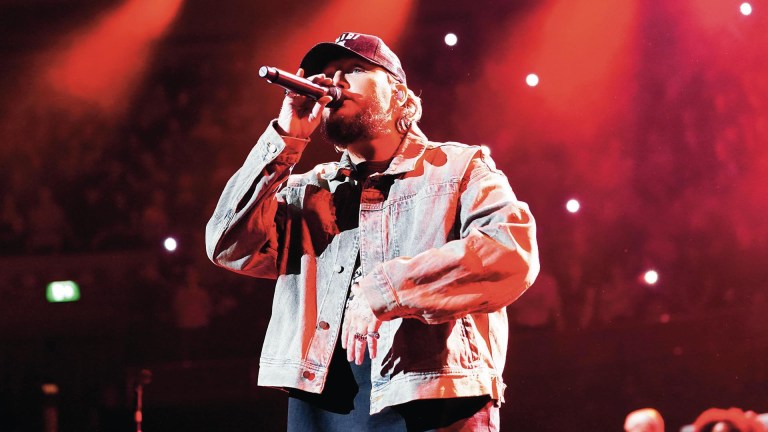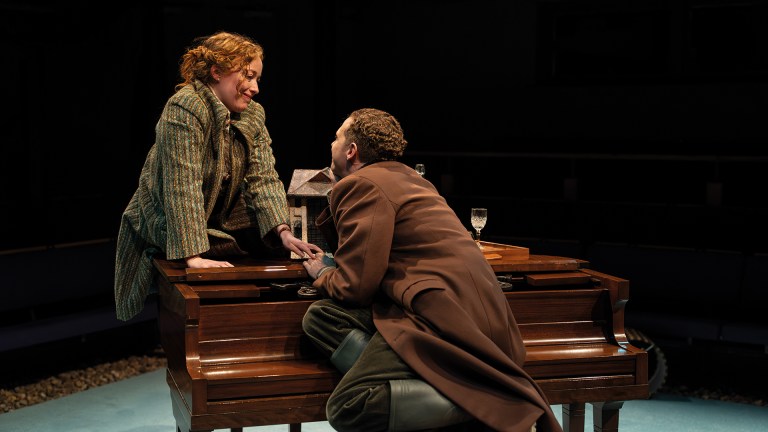The Royal Albert Hall hosts a dazzling array of performers, from Elton John to the BBC Symphony Orchestra, but it recently welcomed one of its largest – and youngest – ensembles when 1,600 primary school children collaborated with pupils from Syria, Uganda and Bangladesh for the first performance of a new children’s opera. Dare to Dream brought together ideas that the young people explored during Skype workshops; the themes were woven into a score written by composer Hannah Conway. The ambitious project was produced in a partnership between Buckinghamshire Music Trust, Garsington Opera and Rosetta Life, and funded by the American Friends of Garsington Opera. In an era of challenging division, it is heartening to see opera being used in a way to share ideas and work together – a possible team-building exercise for our MPs perhaps?
While the politicians continue rehearsals for opera buffa Brexit: A Farce, the London Handel Festival celebrates some of the women who inspired that composer’s music in a special edition dedicated to Handel’s Divas (running until April 29). Highlights include Costly Canaries: Mr Handel’s Search for Superstars, which marks the 300th anniversary of the Royal Academy of Music, first established to train musicians to sustain the country’s new thirst for opera. London Early Opera will perform greatest hits from the era. Appropriately, the concert takes place at St George’s Church in Hanover Square, famed for its musical parishioner, Handel, who lived in Brook Street from 1723, just as the church was nearing completion. The composer’s former house now houses a museum in his honour, which also hosts a special display – Women of Note – during the festival.
It’s not all period music: Festival Voices, who have appeared at Wilderness, Latitude and the Southbank Centre, will perform Handel Remixed, an evening of music by Handel and his contemporaries featuring a brand-new version of Dixit Dominus, reimagined for ensemble and DJ by electronic music producer Nico Bentley and the Pencil Collective (April 12, Peckham’s Bussey Building CLF Art Cafe).
Given that Bach himself had a go at reimagining the music of Vivaldi, remixing has a long cultural tradition
The event follows a wider trend for classical remixes; Peter Gregson has just released a new version of Bach’s cello suites as part of Deutsche Grammophon’s Recomposed series (popularised by Max Richter’s brilliant arrangement of Vivaldi’s Four Seasons for the same label). The cellist performs alongside Icelandic pianist Víkingur Ólafsson and electro-artist Clark at the RAH’s Bach Evolution (May 1), which promises “the music of JS Bach, reinvented for today”. While I don’t feel Bach needs reinventing to be relevant today, I do enjoy many of these engaging reimaginations. And given that Bach himself had a go at reimagining the music of Vivaldi, remixing has a long cultural tradition.
As well as taking inspiration from others, plenty of composers remix and remould their own work, especially as their experience deepens further into their career. One contemporary example is composer Gavin Bryars, who has just created a 12-hour version of Jesus’ Blood Never Failed Me Yet. The original 25-minute version of the piece was written in 1971, with a subsequent 74-minute version shortlisted for the 1993 Mercury Prize. The work is based on a recording of an unknown homeless man singing, and is scored for ensemble and cassette tape. This latest expanded format will be performed by people with experience of homelessness, and musicians from the Academy of St Martin in the Fields, Southbank Sinfonia and Gavin Bryars and his ensemble in The Tanks at Tate Modern (April 12). The concert – involving Streetwise Opera, Southbank Sinfonia, The West London Mission, With One Voice and The Connection at St Martin’s – is free and visitors can dip in and out.










